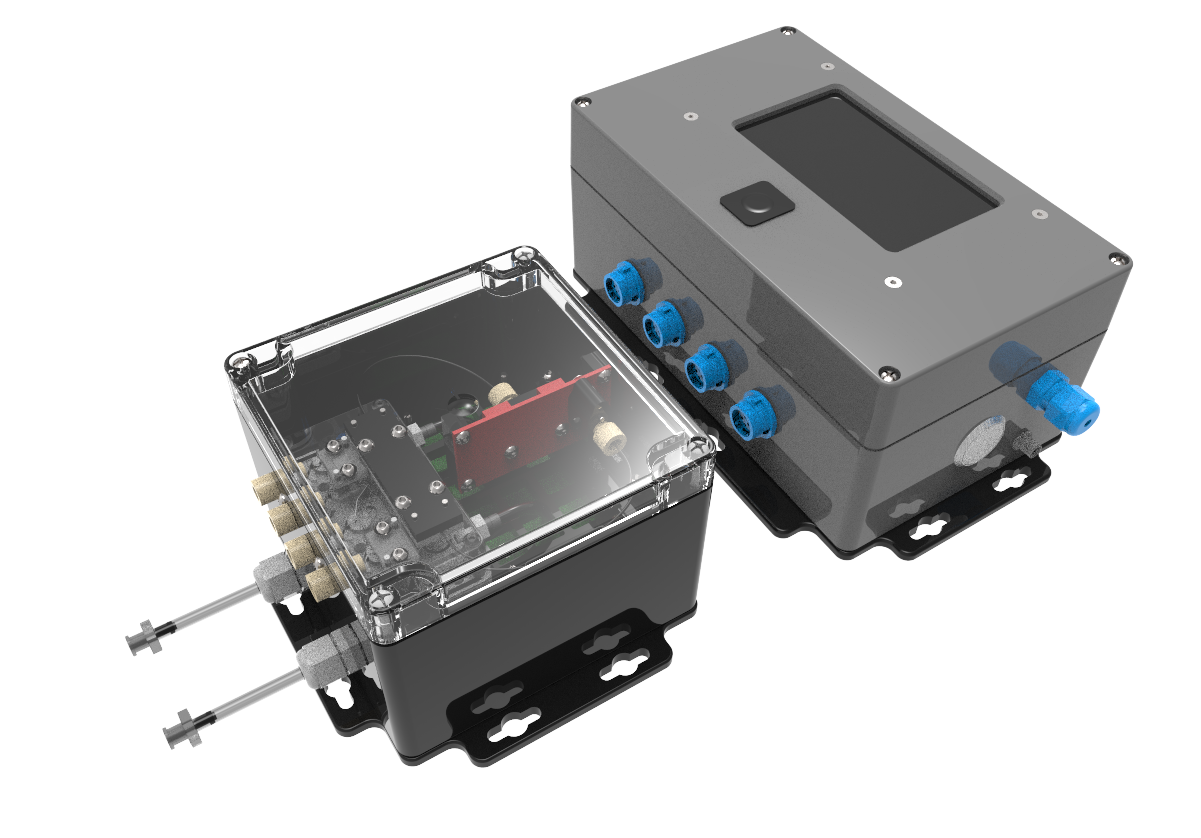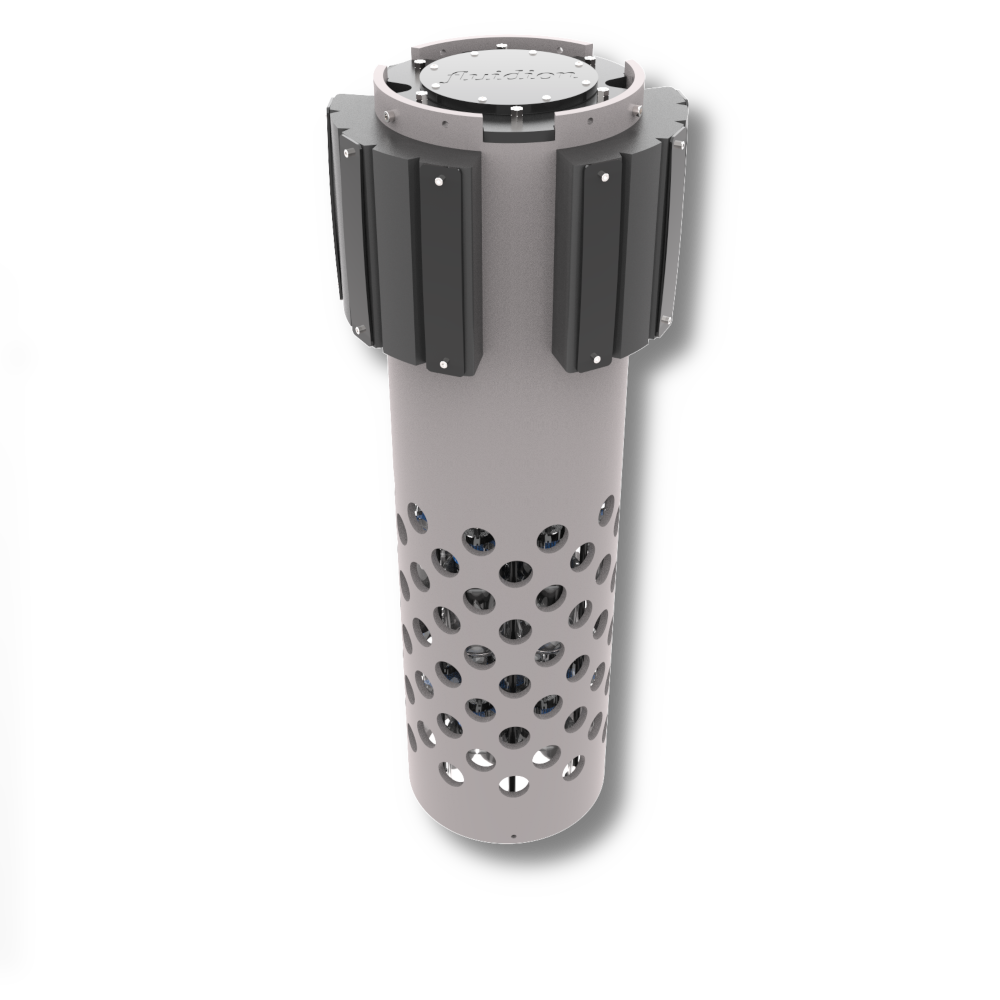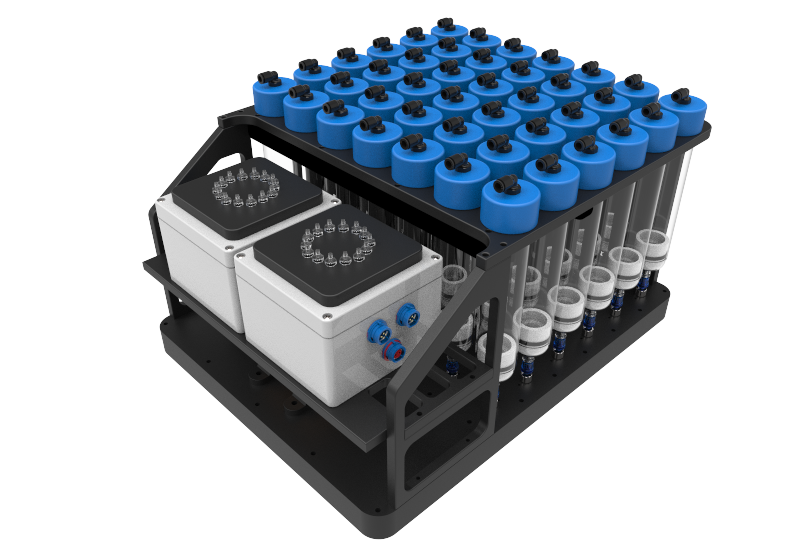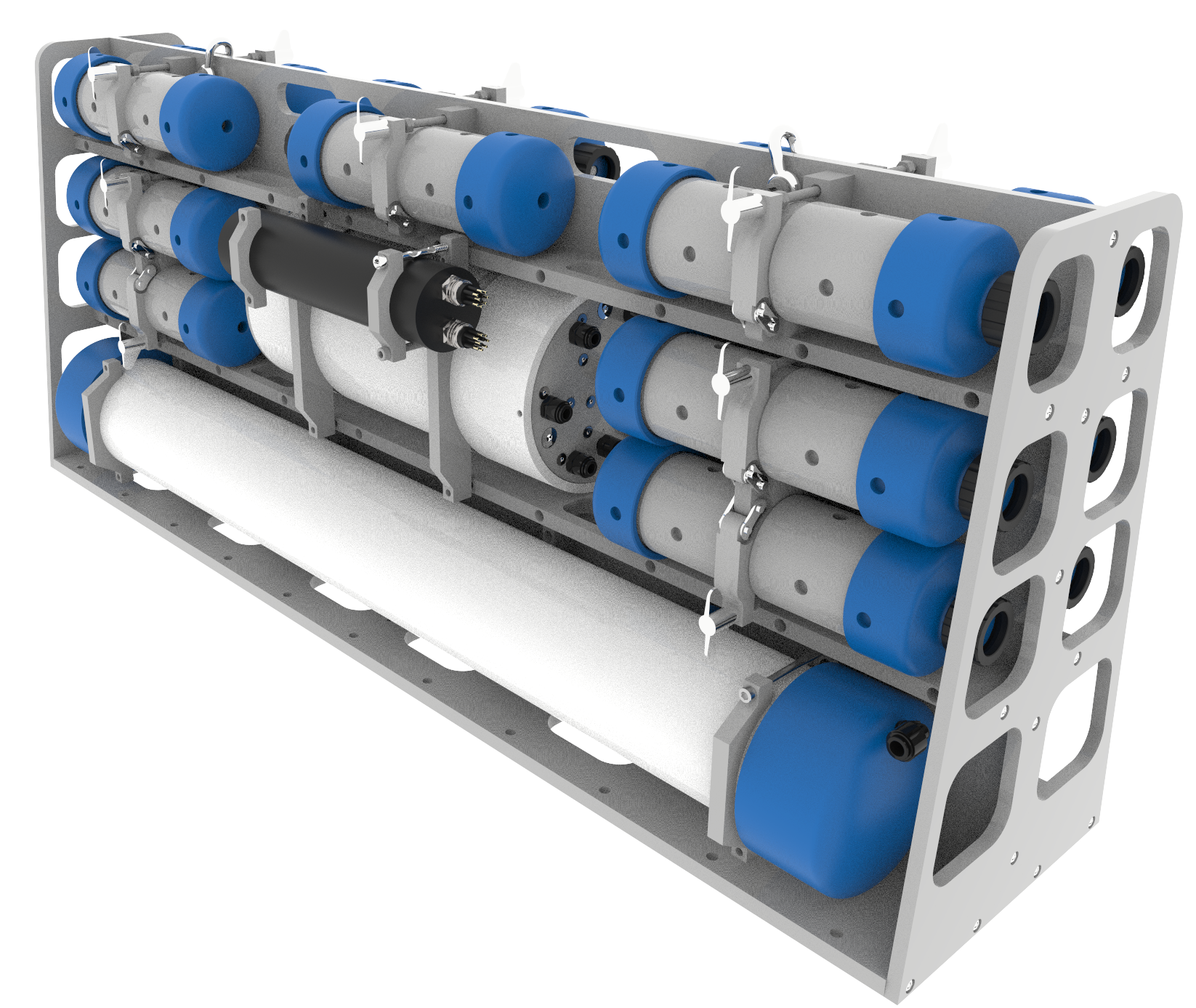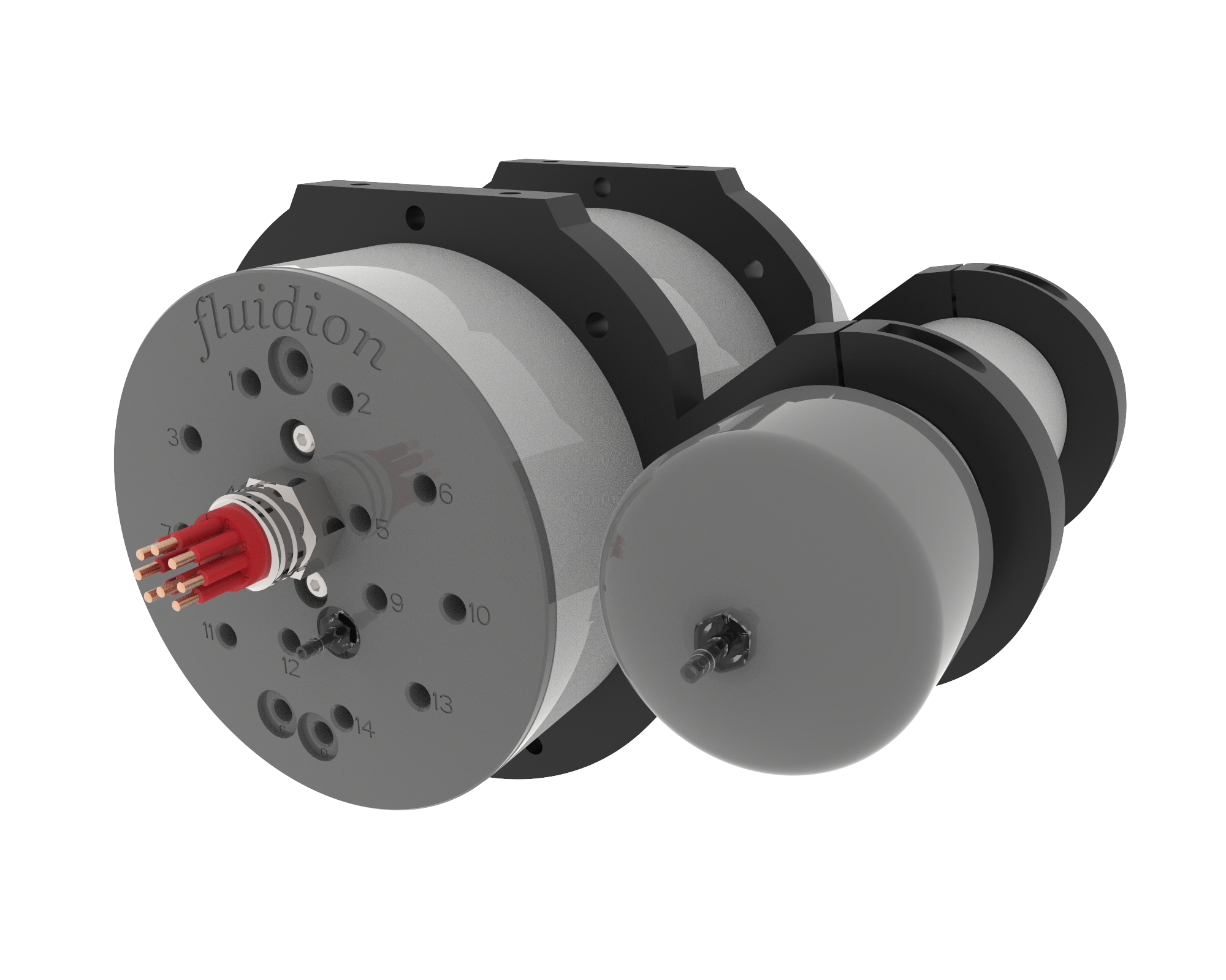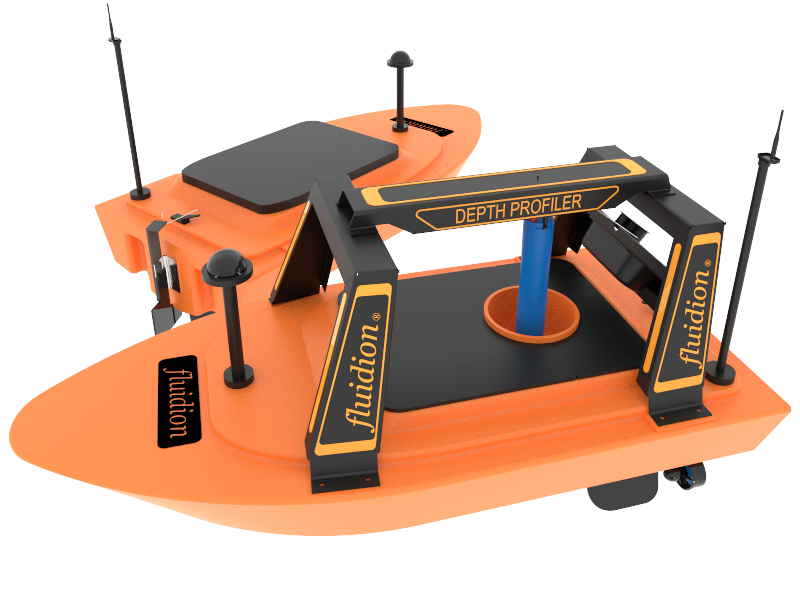
Oceanography
Ocean Monitoring - Subsea Sampling - Acidification
Oceanography is the study of the oceans, their physical properties, chemical composition, biological life, and geological makeup. It is a vast and complex field of study, and it is essential to our understanding of the Earth system and its climate. It helps us to understand how the oceans interact with the atmosphere, how they regulate the Earth's temperature, and how they are affected by climate change. To study this vast field, researchers need to rely on advanced instrumentation, allowing them to conduct detailed chemical and microbiological analyses as well as sampling in unforgiving environments combining extreme pressure with low temperature, risk of corrosion, and physical remoteness. From the shimmering coastal areas to the mysterious oceanic depths, Fluidion provides several tools that are essential to unraveling the many layers of our oceans and ensuring a full understanding of their ever-evolving dynamics.
Coastal Water Monitoring
Coastal waters, the interface between land and the deep sea, are home to diverse marine ecosystems that are increasingly threatened by human activities: pollution from sewage, industrial waste, and agricultural runoff; intense development pressures leading to habitat loss and water degradation; and the exacerbating effects of climate change causing sea level rise and ocean acidification. To quantify the impact on such fragile ecosystems, effective monitoring of multiple ocean water parameters is needed. Fluidion's automated coastal sampling and monitoring instruments provide a wealth of data for baseline monitoring as well as pollution identification and assessment, paving the way for more effective data-driven coastal zone management.
Ocean Acidification
Ocean acidification is a major threat to marine life and a significant consequence of climate change. As the oceans absorb more carbon dioxide (CO2) from the atmosphere, the pH of the ocean decreases, making it more acidic. Many marine organisms have shells and skeletons that are weakened by acidic water, which makes it difficult for them to survive. Ocean acidification also affects the food supply for countless coastal communities which rely on the sea as the main source of food. Ocean acidification research is essential to understand its implications and provide reliable data to support sound policies and to alert government bodies, businesses, and the general public. The upcoming line of Fluidion chemical analyzers for oceanography will provide a major step forward in ocean chemistry research, supporting scientists and policy makers worldwide.
Subsea
It is estimated that mankind has explored and mapped only around 5% of the oceans, making the underwater environment a vast source of potential discoveries, from new biotechnologies to raw materials. The deep sea, in particular, remains largely uncharted and challenging to explore, in part due the extreme pressures involved. Yet, marine soils are increasingly being exploited for resource extraction, such as deep-sea mining. This has raised significant concerns over the ecological impacts of such activities, which are currently minimally monitored. Fluidion's deep sampling systems and chemical analyzers offer tools that can be deployed on unmanned submarines (AUVs, ROVs and gliders), being robust enough to operate at depths of up to 6,000 meters, providing critical tools for subsea exploration, monitoring and mapping.
Related Products
Aquatic Drone (USV)
The remotely-controlled Fluidion Drone provides rapid pollution assessment and mapping in rivers, reservoirs, lakes and coastal waters. It provides real-time GPS-tagged water quality data in real time from surface or at depth, and can collect representative samples for in-depth analysis.

